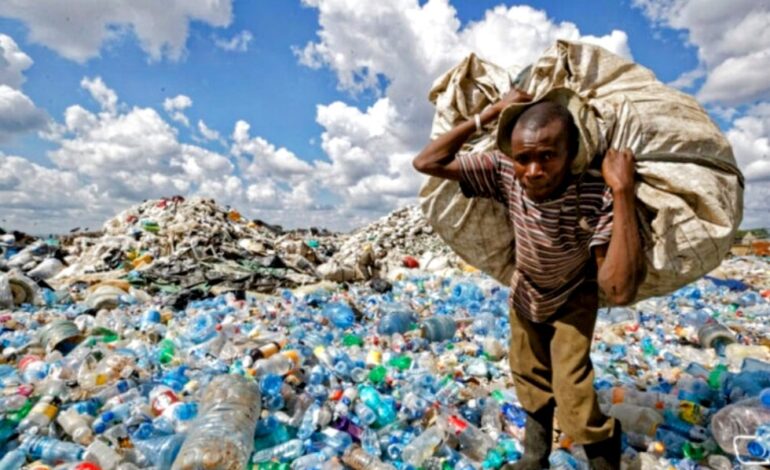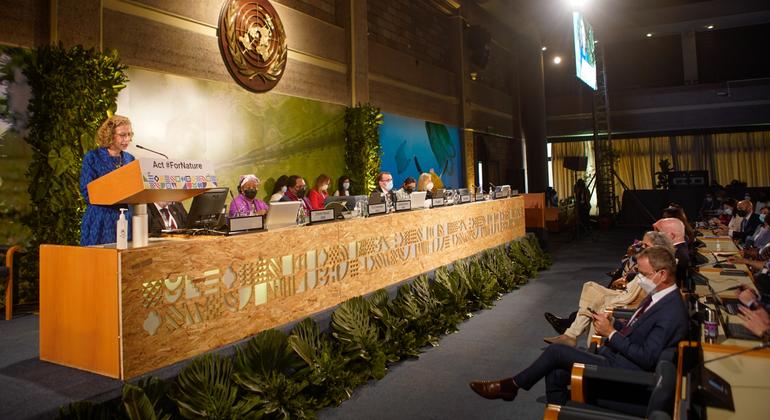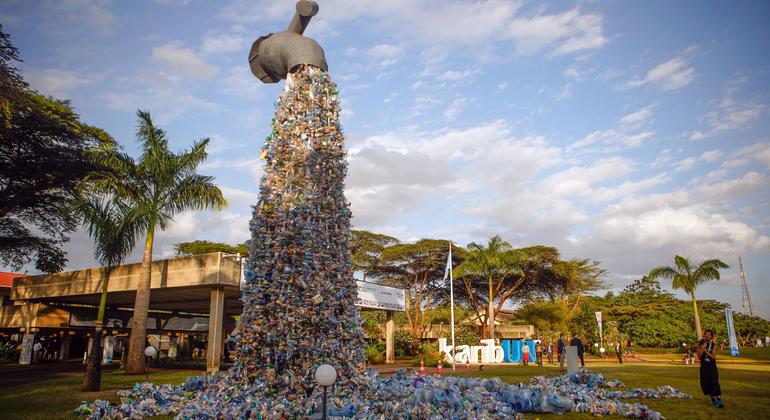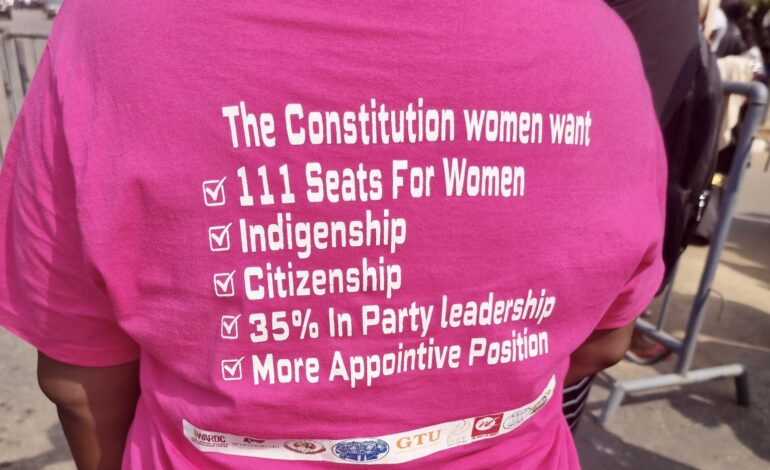
Faith Nyasuguta
United Nations countries have given a nod to a legally binding global treaty to address plastic pollution in the world’s oceans, rivers and landscape.
Meeting in Nairobi, Kenya, the United Nations Environment Assembly has taken up a resolution detailing what to do about plastic pollution.
It calls for two years of negotiations toward a comprehensive, international treaty on the full life cycle of plastics.
Delegates representing 175 countries validated the agreement on Wednesday that addresses plastic waste.
Data by the UN indicates that 400 million tons of plastic are produced annually, and that figure is set to double by 2040.
In Africa, Rwanda is one of the nations that banned plastic in its territory and is pushing for a plastic-free world.
According to Rwanda’s environment minister, Jeanne Mujawamariya, her nation would greatly benefit from global regulation on the usage of plastics.
“If adopted, the creation of a legally binding instrument would be greatly significant for countries like Rwanda, where we have made good progress,” she said.

“Systematic global change is needed if we are to clean up the current mess, develop sustainable alternatives and make them affordable.”
Since 2012, the debate surrounding plastic pollution has been on the U.N. agenda
For ages, recycling has remained one of the effective ways of shrinking plastics. The Environmental Investigation Agency, an environmental nonprofit organization, reveals that the existing method of managing plastic is not sustainable.
Currently, less than 10 per cent of plastic that has been produced is being recycled, 76 per cent is discarded into landfills. Experts caution that its production will triple by 2050.

Amina Mohammed, the United Nations deputy secretary-general, told the meeting attendees not to fear a future without plastic.
“While we have learned to recycle plastic, we need a far more robust approach to tackle this enormous problem and ensure systemic change through strong action upstream and downstream,” Mohammed said.
“We must be ambitious and move faster to win this battle. This is going to require genuine collaborations and partnerships with a shared vision.
The fight against plastic pollution is set to reduce plastic going into the oceans by 80 per cent by the end of the year 2040 and create 700,000 jobs by that time.
Jane Patton, the plastic and petrochemicals campaign manager at the Center for International Environmental Law, told VOA the agreement will mandate that companies producing plastics manage the waste being emitted.
“The resolution specifically calls for a legally binding instrument, which is good, as we have seen the companies that are producing this plastic waste and putting it into the environment, they don’t follow through commitments unless they are legally bound to do that,” she said.
“And so, we are excited to see that the treaty will have both mandatory and voluntary commitments by government, and that will affect companies to address this problem.”
Inger Andersen, the head of the U.N. Environment Program, said adopting the plastic treaty is the most important international environmental agreement since the 2016 Paris climate accord took effect.





Recent Comments